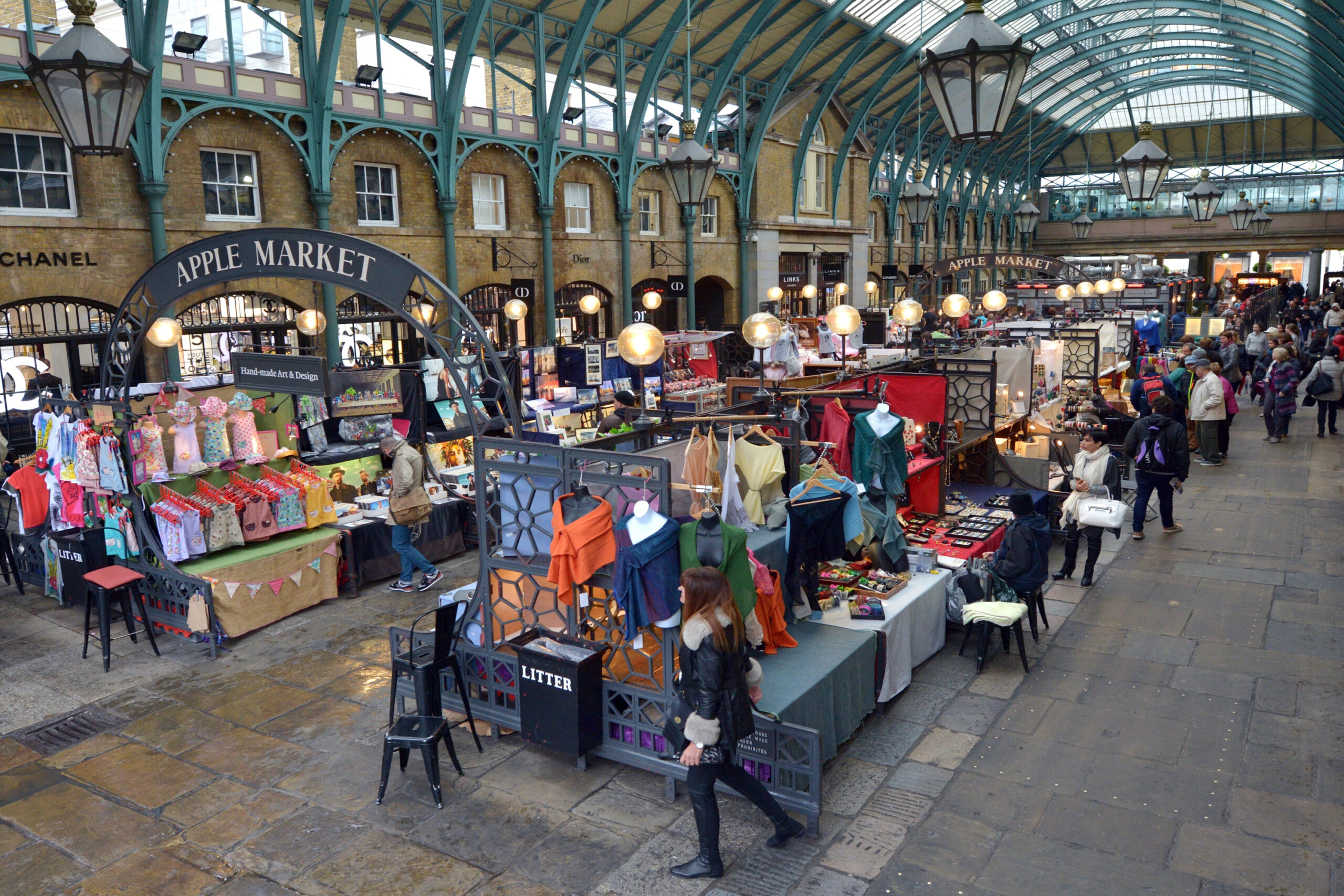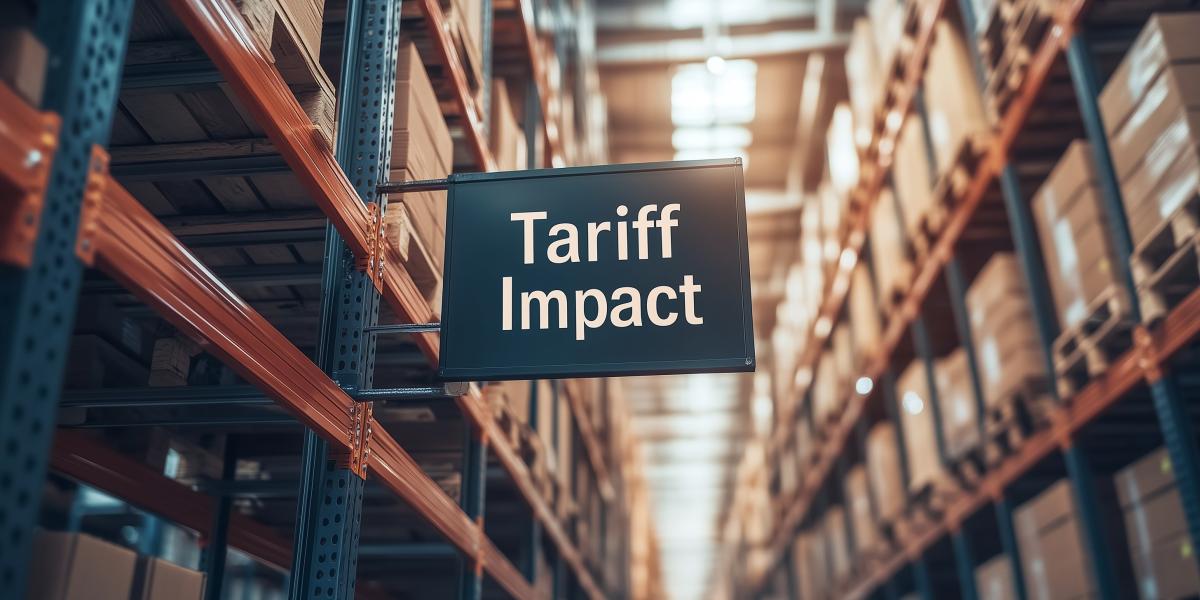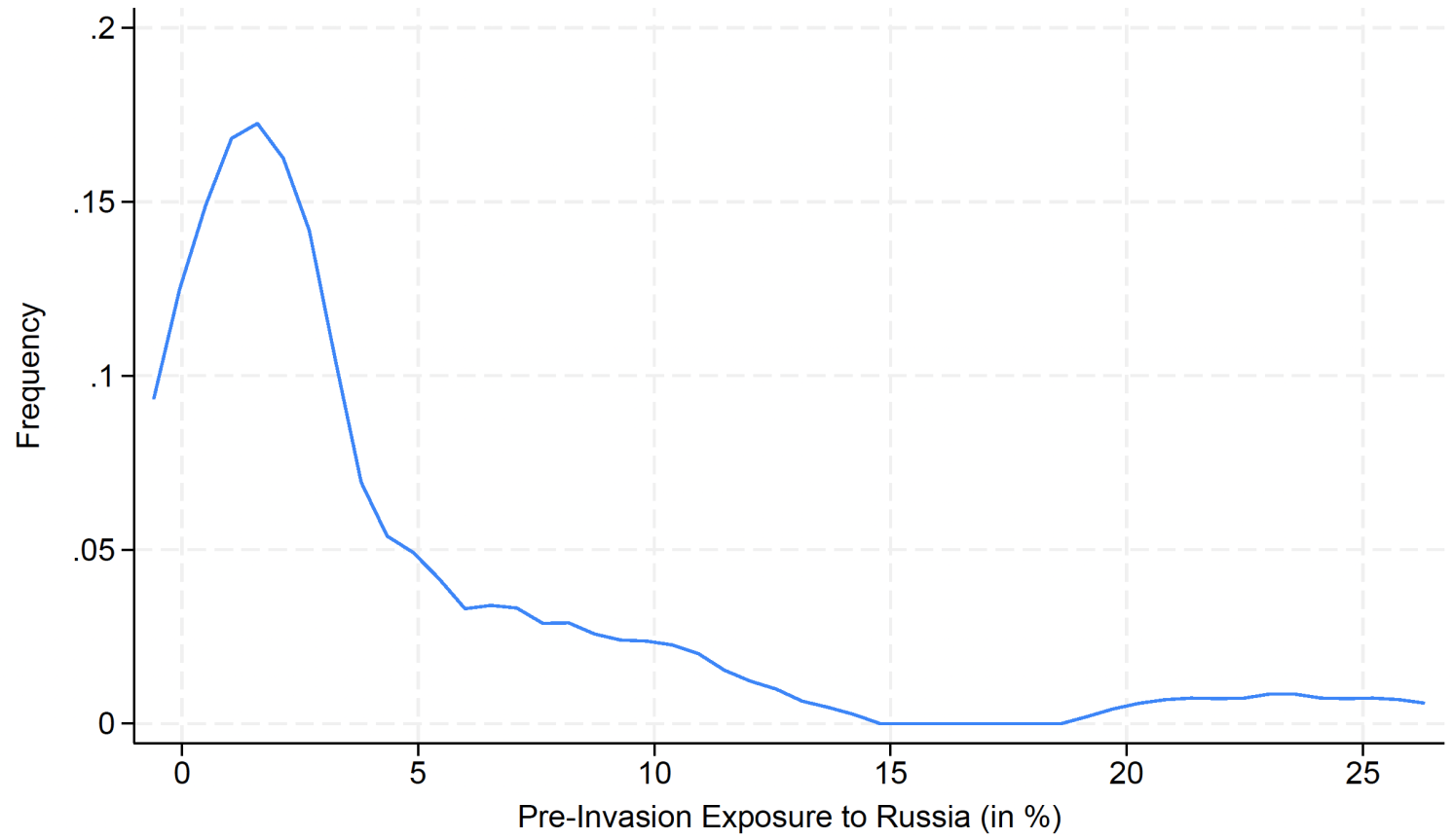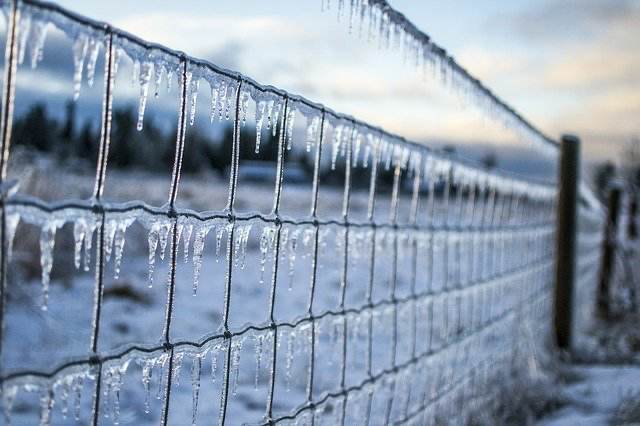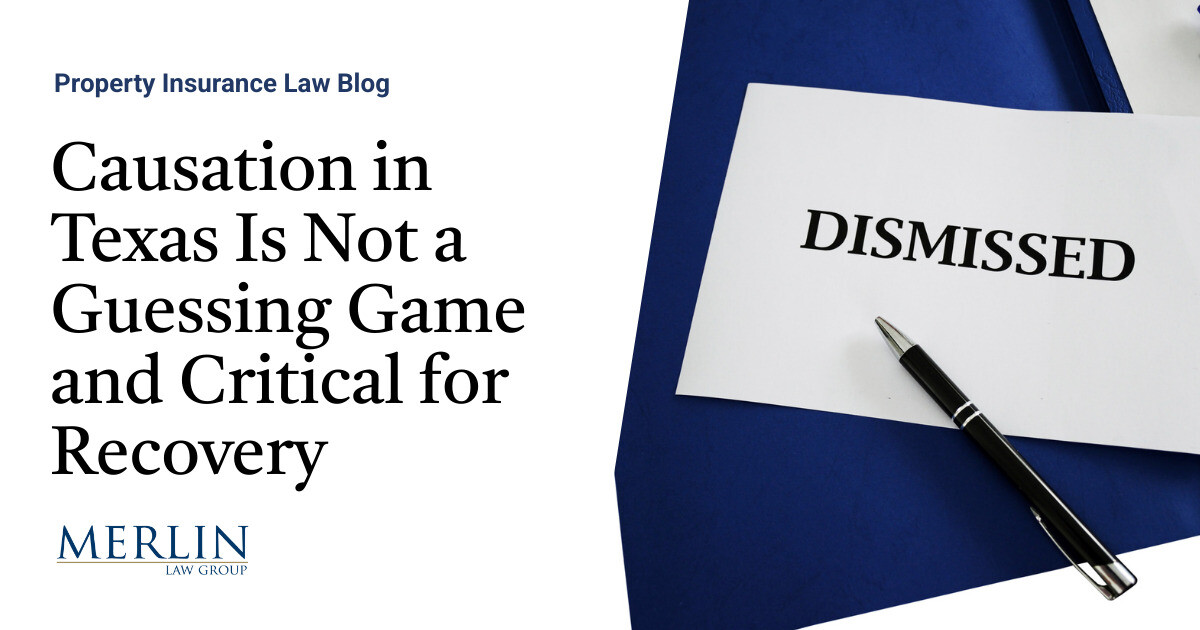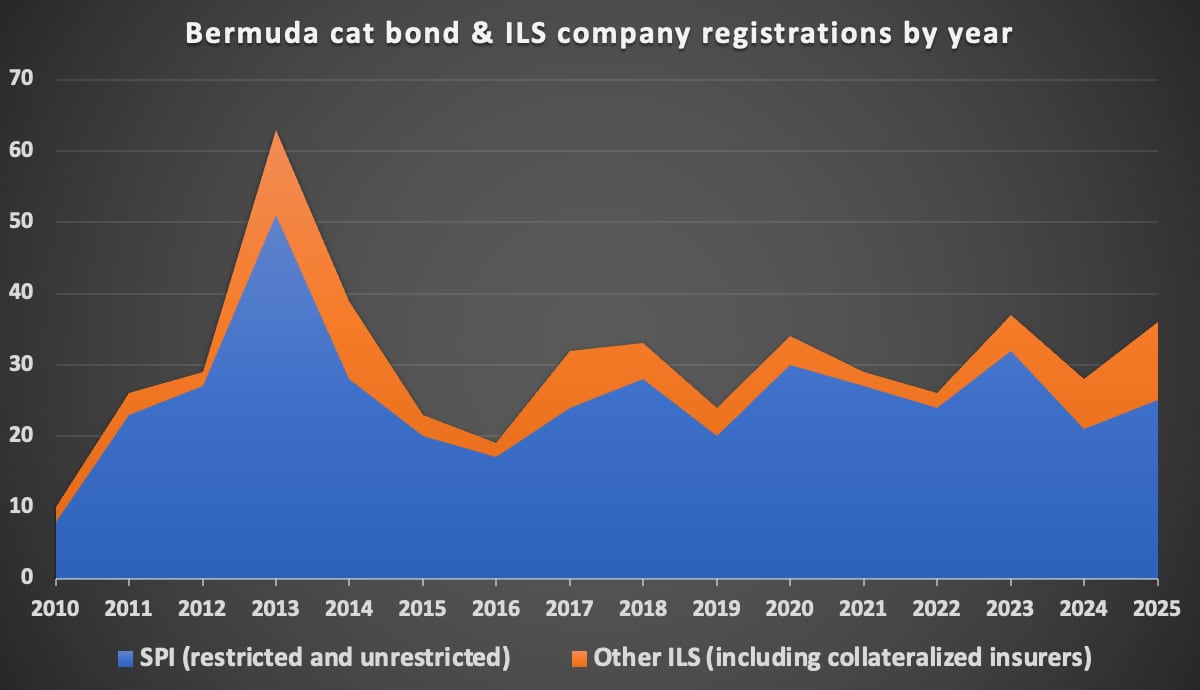© Reuters. A supporter of former U.S. President Donald Trump holds up a U.S. national flag at Trump Tower in New York City, U.S., October 1, 2023. REUTERS/David ‘Dee’ Delgado
2/3
By Jack Queen and Luc Cohen
NEW YORK (Reuters) – Donald Trump went on trial on Monday for fraud, in a civil case against him and his family business that could deal a major blow to the former U.S. president’s real estate empire.
Kevin Wallace, a lawyer in state Attorney General Letitia James’ office, said in his opening statement that Trump described his finances to banks and insurers in a “materially inaccurate way” for a decade.
Trump, the frontrunner for the 2024 Republican presidential nomination, is accused by James of inflating the value of his assets by billions of dollars to secure better loan and insurance terms.
“This is a continuation of the single greatest witch hunt of all time,” Trump said before entering the courtroom at a state court in downtown Manhattan.
“We have a great company. I built a great company. It’s tremendous,” he continued. “It’s got some of the greatest real estate assets in the world. And now I have to go in before a rogue judge.”
Trump wore a dark blue suit, a brighter blue tie and an American flag pin on his lapel.
He again called James, who is Black, “racist,” and said the Democrat had a vendetta against him.
James said her office was ready to prove its case.
“The law is both powerful and fragile,” she said before entering the courtroom. “No matter how much money you think you may have, no one is above the law.”
Trump’s trial comes six days after Justice Arthur Engoron, who presidents over the case, found Trump, his adult sons and 10 of his companies liable for fraud. The trial largely concerns the penalties they must face.
James is seeking at least $250 million in fines, a permanent ban against Trump and his sons Donald Jr and Eric from running businesses in New York and a five-year commercial real estate ban against Trump and the Trump Organization.
Before opening arguments, Engoron described himself as a generalist on the law. “One thing I know a lot about is the definition of fraud,” he said.
MANY LEGAL WOES
In his Sept. 26 decision, Engoron described in scathing terms how they made up valuations.
That included Trump calculating the value of his apartment in Trump Tower as if it were three times its actual size.
“A discrepancy of this order of magnitude, by a real estate developer sizing up his own living space of decades, can only be considered fraud,” he said.
Engoron canceled business certificates for companies controlling pillars of Trump’s empire – including Trump Tower and his golf clubs in New York – and said he would appoint receivers to oversee their dissolution.
The ruling covers some of his most valuable properties including his Mar-a-Lago estate in Florida, his estate in Westchester County, New York, and various office buildings and golf clubs.
Specifics of how that order would be implemented have not been decided, but the loss of those prized assets would be a major blow to Trump’s finances. If Engoron tacked on fines and business restrictions, that damage would compound.
The trial is scheduled to run through early December.
While more than 150 people could testify, much of the trial may be a battle of experts opining on financial documents.
James alleges Trump reaped hundreds of millions of dollars in ill-gotten savings by “grossly” inflating the values of his assets to get better deals from lenders and insurers.
She said that included listing Mar-a-Lago as being worth up to $739 million though deed restrictions capped it at $28 million.
The case is one of several legal headaches Trump faces as he campaigns to retake the White House in the 2024 election.
None has dented his commanding lead over rivals for the Republican nomination, though they have been a financial drain.
Trump, the first sitting or former U.S. president to be criminally charged, is under indictment in four separate cases.
He has been charged in Florida over his handling of classified documents upon leaving office, in Washington D.C. over his efforts to undo his loss in the 2020 presidential election, in Georgia over moves to reverse election results there, and in New York over hush money payments to a porn star.
Trump has denied wrongdoing and pleaded not guilty in all four cases.












